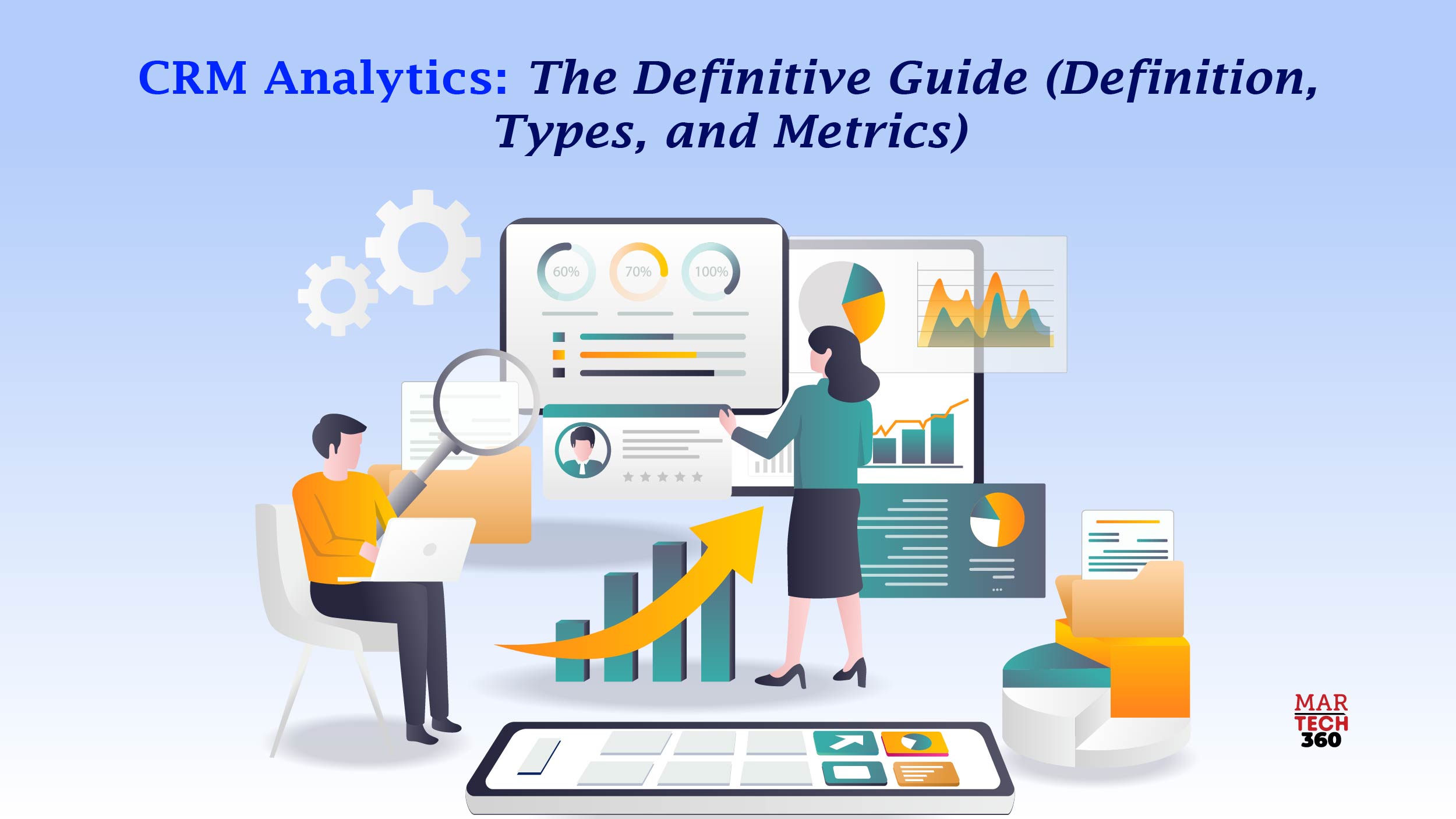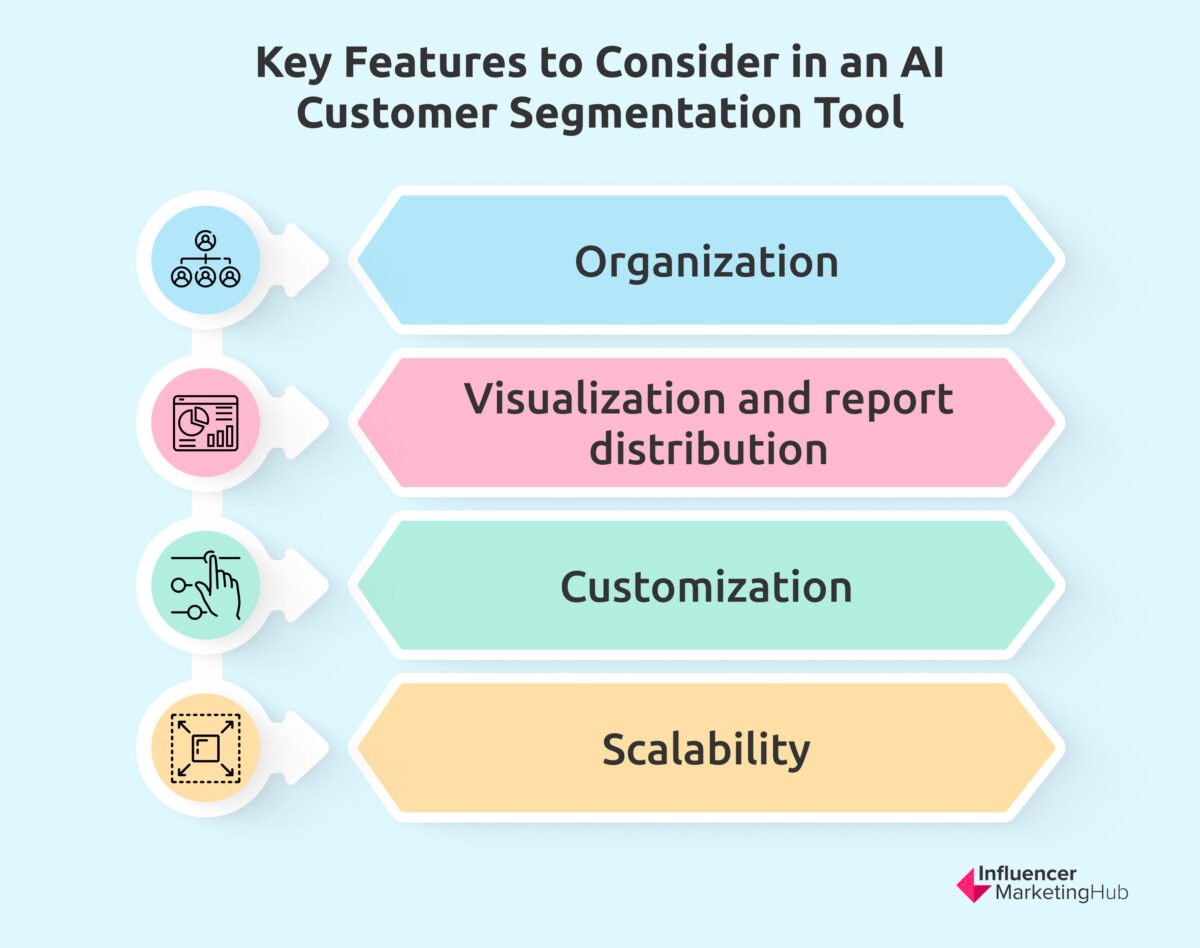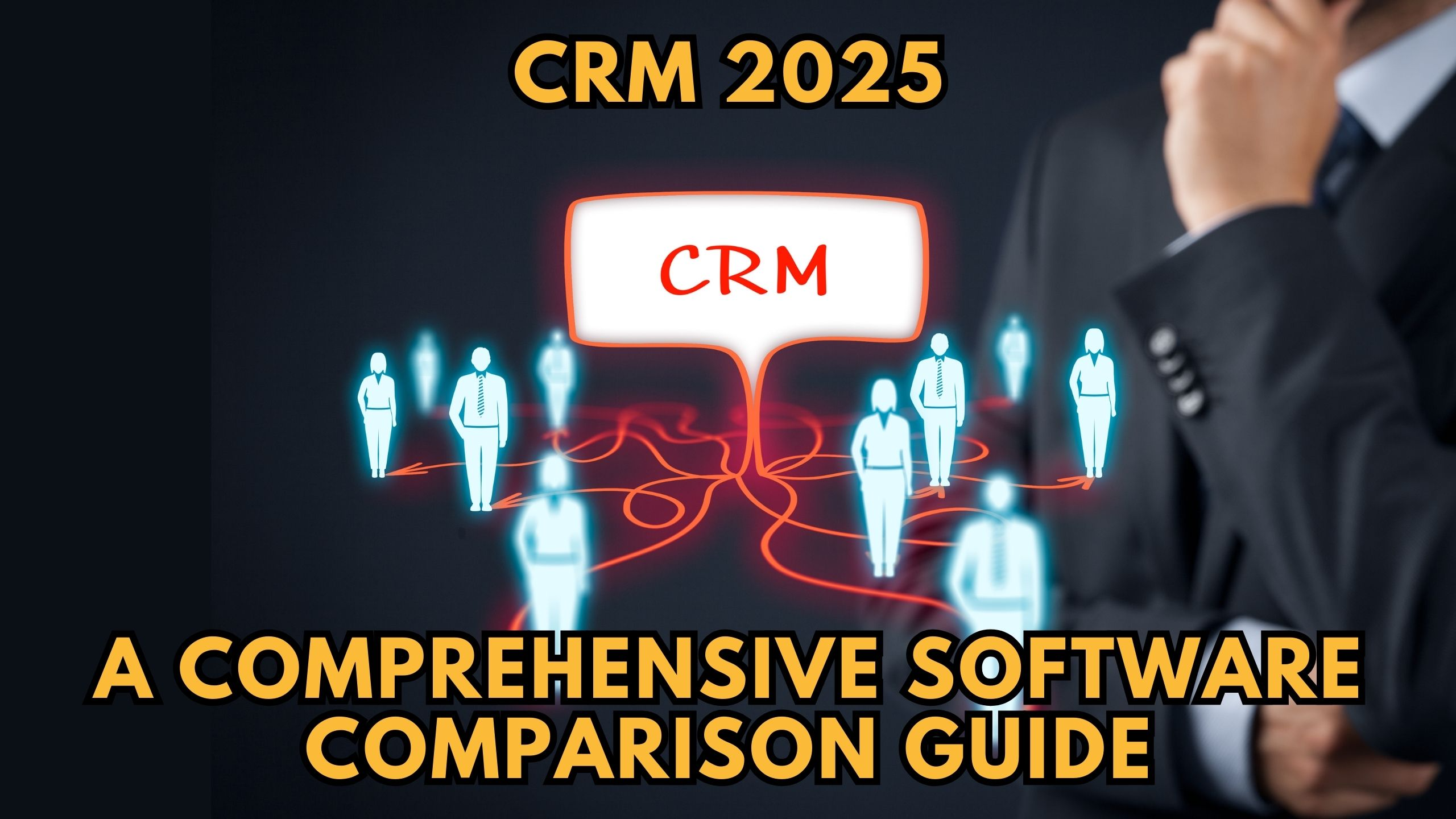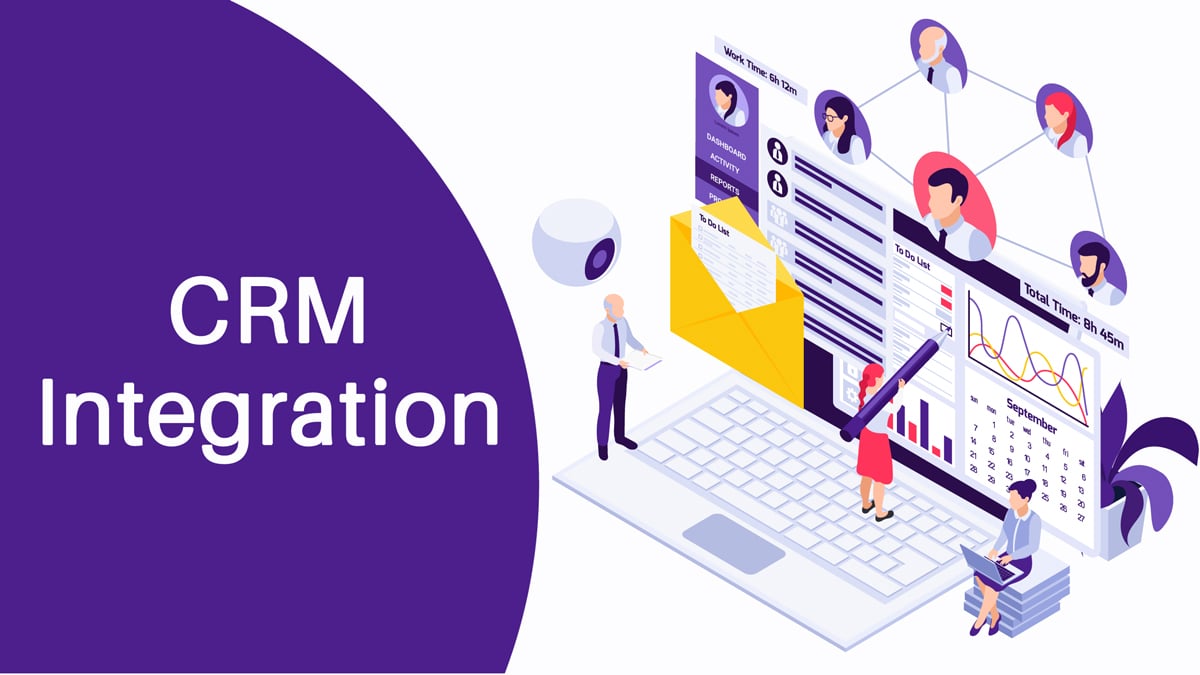Scaling Up: How CRM Empowers Small Businesses for Sustainable Growth
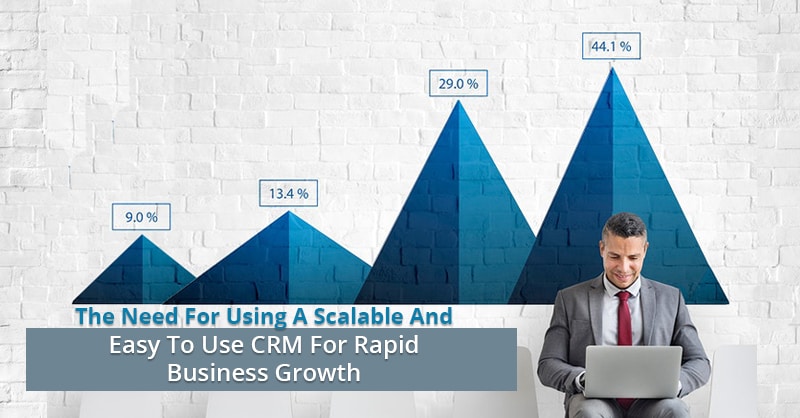
Scaling Up: How CRM Empowers Small Businesses for Sustainable Growth
The journey of a small business is a thrilling one, filled with challenges and triumphs. From the initial spark of an idea to the day-to-day operations, entrepreneurs wear many hats. One of the most critical aspects of this journey is managing customer relationships. This is where a Customer Relationship Management (CRM) system enters the picture, transforming the way small businesses operate and paving the way for scalability. This article delves into the world of CRM, exploring how it can be a game-changer for small businesses looking to grow and thrive.
Understanding the Core of CRM
At its heart, a CRM system is more than just a piece of software; it’s a strategic approach to managing interactions with current and potential customers. It centralizes customer data, tracks interactions, and automates various processes. This 360-degree view of the customer is invaluable, enabling businesses to understand their customers better, personalize their interactions, and provide exceptional service. This enhanced understanding is the bedrock upon which successful businesses are built.
Think of it like this: without a CRM, you’re juggling multiple balls in the air – spreadsheets, email chains, scattered notes. It’s easy to drop one, and losing track of a customer interaction can mean a lost opportunity. A CRM system, on the other hand, is the net that catches those balls, ensuring nothing falls through the cracks. It provides a cohesive, organized way to manage all customer-related activities.
Key Benefits of CRM for Small Businesses
The advantages of implementing a CRM system are numerous, especially for small businesses. Let’s explore some of the most significant:
- Improved Customer Relationships: CRM systems provide a centralized repository of customer information, enabling businesses to personalize interactions and build stronger relationships. Knowing a customer’s preferences, purchase history, and communication history allows you to tailor your approach, making them feel valued and understood.
- Increased Sales: By streamlining the sales process, CRM systems help businesses close deals faster. Features like lead scoring, sales automation, and pipeline management ensure that sales teams focus on the most promising leads and don’t miss opportunities.
- Enhanced Efficiency: CRM systems automate repetitive tasks, freeing up valuable time for employees to focus on more strategic activities. Automating tasks like data entry, email marketing, and appointment scheduling can significantly boost productivity.
- Better Data Analysis: CRM systems provide valuable insights into customer behavior, sales performance, and marketing effectiveness. This data-driven approach allows businesses to make informed decisions and optimize their strategies.
- Improved Customer Service: With a CRM system, customer service representatives can quickly access customer information, track issues, and provide prompt and effective support. This leads to higher customer satisfaction and loyalty.
The Scalability Factor: Why CRM is Essential for Growth
The primary focus of this article is scalability, and this is where CRM truly shines. As a small business grows, the challenges of managing customer relationships become more complex. Without a robust system in place, businesses often struggle to keep up, leading to inefficiencies, lost opportunities, and ultimately, stunted growth. A well-implemented CRM system allows businesses to scale their operations without compromising customer service or sales effectiveness. It acts as a scalable foundation, capable of handling the increasing demands of a growing customer base.
How CRM Supports Scalability
Let’s examine how a CRM system directly contributes to a small business’s ability to scale:
- Centralized Data Management: As a business grows, the amount of customer data increases exponentially. A CRM system provides a centralized, organized database that can handle this influx of information. This eliminates the chaos of scattered spreadsheets and ensures that all customer data is easily accessible.
- Automation of Processes: Automation is key to scalability. CRM systems automate various tasks, such as lead qualification, email marketing, and follow-up reminders. This frees up employees to focus on more strategic activities, such as closing deals and building relationships.
- Improved Sales Pipeline Management: A CRM system provides a clear view of the sales pipeline, allowing businesses to track leads, manage opportunities, and forecast sales. This helps sales teams to prioritize their efforts and close deals more efficiently.
- Enhanced Collaboration: CRM systems facilitate collaboration between different departments, such as sales, marketing, and customer service. This ensures that everyone is on the same page and working towards the same goals.
- Data-Driven Decision Making: As a business grows, the importance of data-driven decision-making increases. A CRM system provides valuable insights into customer behavior, sales performance, and marketing effectiveness. This data can be used to optimize strategies, improve processes, and make informed decisions about future growth.
- Integration with Other Systems: A CRM system can integrate with other business systems, such as accounting software, e-commerce platforms, and marketing automation tools. This allows businesses to streamline their operations and gain a more comprehensive view of their business.
Choosing the Right CRM for Your Small Business
Selecting the right CRM system is a critical decision. The market is flooded with options, each offering a unique set of features and benefits. The best CRM for your business will depend on your specific needs, budget, and goals. Here’s a guide to help you navigate the selection process:
Key Considerations
- Your Business Needs: Before you start evaluating CRM systems, take the time to define your business needs. What are your goals? What are your pain points? What features are essential? Understanding your needs will help you narrow down your options and choose a system that is a good fit.
- Budget: CRM systems range in price from free to very expensive. Determine your budget and look for systems that offer the features you need within your price range. Consider both the initial setup costs and the ongoing subscription fees.
- Ease of Use: The CRM system should be easy to use for all employees. Look for a system with a user-friendly interface and intuitive features. The easier the system is to use, the more likely your employees are to adopt it.
- Features: Consider the features you need, such as contact management, sales automation, marketing automation, customer service, and reporting. Choose a system that offers the features that are most important to your business.
- Scalability: Make sure the CRM system can scale with your business. As your business grows, you’ll need a system that can handle an increasing number of users, data, and transactions.
- Integration: Look for a system that integrates with other business systems, such as accounting software, e-commerce platforms, and marketing automation tools. This will help you streamline your operations and gain a more comprehensive view of your business.
- Customer Support: Choose a CRM provider that offers excellent customer support. You’ll need support to set up the system, train your employees, and troubleshoot any issues that arise.
Popular CRM Systems for Small Businesses
Here are a few popular CRM systems that are well-suited for small businesses:
- Zoho CRM: A comprehensive CRM system that offers a wide range of features at an affordable price. It’s known for its ease of use and robust integrations.
- HubSpot CRM: A free CRM system that is easy to use and offers a variety of features, including contact management, sales automation, and marketing automation. It’s a great option for businesses that are just starting out.
- Salesforce Sales Cloud Essentials: A powerful CRM system that is designed for small businesses. It offers a variety of features, including sales automation, lead management, and reporting.
- Pipedrive: A sales-focused CRM system that is designed to help sales teams manage their pipelines and close deals more efficiently. It’s known for its user-friendly interface and visual pipeline.
- Freshsales: A sales CRM that offers a good balance of features and affordability, making it a strong contender for small businesses looking to streamline their sales processes.
Before making a decision, take the time to research different CRM systems, compare their features and pricing, and read reviews from other small businesses. Consider trying out free trials to get a feel for the system and see if it’s a good fit for your needs.
Implementing Your CRM System: A Step-by-Step Guide
Once you’ve chosen a CRM system, the next step is implementation. This process can seem daunting, but with careful planning and execution, you can ensure a smooth transition. Here’s a step-by-step guide to help you get started:
- Define Your Goals: Before you begin, clearly define your goals for implementing the CRM system. What do you want to achieve? What are your key performance indicators (KPIs)? Having clear goals will help you track your progress and measure your success.
- Plan Your Implementation: Create a detailed implementation plan that outlines the steps you need to take, the timeline, and the resources you’ll need. This plan should include data migration, system configuration, user training, and testing.
- Migrate Your Data: Transfer your existing customer data from your current systems to the CRM system. Ensure that the data is accurate, complete, and properly formatted. Clean up the data and remove any duplicates.
- Configure Your System: Customize the CRM system to meet your specific needs. This may involve configuring workflows, setting up user roles and permissions, and integrating with other business systems.
- Train Your Employees: Provide comprehensive training to your employees on how to use the CRM system. This training should cover all the features and functionalities that they will need to use.
- Test Your System: Before going live, test the CRM system to ensure that it’s working correctly. Test all the features and functionalities, and make sure that the data is accurate.
- Go Live and Monitor: Once you’ve tested the system, you can go live. Monitor the system closely to ensure that everything is working as expected. Provide ongoing support to your employees and make adjustments as needed.
- Evaluate and Optimize: Regularly evaluate the performance of your CRM system and make adjustments as needed. Identify areas for improvement and optimize your processes to maximize your results.
Overcoming the Challenges of CRM Implementation
While CRM systems offer tremendous benefits, implementing them can present certain challenges. Being aware of these challenges and taking steps to mitigate them can increase your chances of success.
Common Challenges and How to Overcome Them
- Lack of User Adoption: One of the biggest challenges is getting employees to adopt the CRM system. If employees don’t use the system, it won’t be effective. To overcome this challenge, provide comprehensive training, make the system easy to use, and highlight the benefits of using it.
- Data Migration Issues: Migrating data from existing systems to the CRM system can be complex and time-consuming. To avoid data migration issues, plan your data migration carefully, clean up your data before migrating it, and test the data after migrating it.
- Integration Problems: Integrating the CRM system with other business systems can be challenging. To avoid integration problems, choose a CRM system that integrates well with your existing systems and work with a qualified IT professional to ensure a smooth integration.
- Lack of Clear Goals: Without clear goals, it’s difficult to measure the success of your CRM implementation. Before you implement the system, define your goals and track your progress.
- Poor Planning: A poorly planned implementation can lead to delays, cost overruns, and frustration. Create a detailed implementation plan that outlines the steps you need to take, the timeline, and the resources you’ll need.
The Future of CRM and Small Business Scalability
The landscape of CRM is constantly evolving, and the future holds exciting possibilities for small businesses. Technological advancements, such as artificial intelligence (AI) and machine learning (ML), are already transforming the way businesses interact with their customers. These technologies are enabling businesses to personalize their interactions even further, automate more processes, and gain deeper insights into customer behavior.
Emerging Trends in CRM
- AI-Powered CRM: AI-powered CRM systems can automate tasks, predict customer behavior, and provide personalized recommendations. This can help small businesses to improve their customer service, increase sales, and make better decisions.
- Mobile CRM: Mobile CRM systems allow businesses to access customer data and manage their sales and marketing activities from anywhere. This is particularly useful for small businesses that have a mobile workforce.
- Social CRM: Social CRM integrates social media data into the CRM system, allowing businesses to track customer interactions on social media and engage with them more effectively.
- Personalized Customer Experiences: CRM systems are increasingly focused on providing personalized customer experiences. This involves tailoring interactions to individual customer preferences and needs.
As small businesses continue to embrace CRM, they will be better positioned to compete in the ever-evolving marketplace. By leveraging the power of CRM, they can build stronger customer relationships, increase sales, improve efficiency, and achieve sustainable growth. The future is bright for small businesses that prioritize customer relationships and embrace the power of CRM.
Conclusion: CRM – The Engine for Small Business Growth
In conclusion, implementing a CRM system is a strategic investment that can significantly impact a small business’s ability to scale. It is an engine that drives growth by improving customer relationships, streamlining sales processes, and providing valuable data insights. By carefully selecting the right CRM system, planning the implementation process meticulously, and addressing potential challenges proactively, small businesses can unlock the full potential of CRM and pave the way for long-term success. As the business grows, CRM is not just a tool; it becomes an integral part of the business’s DNA, fostering customer loyalty and driving sustainable growth. The journey of a small business is often challenging, but with the right tools and strategies, such as a well-implemented CRM, the path to success becomes clearer and more attainable.

